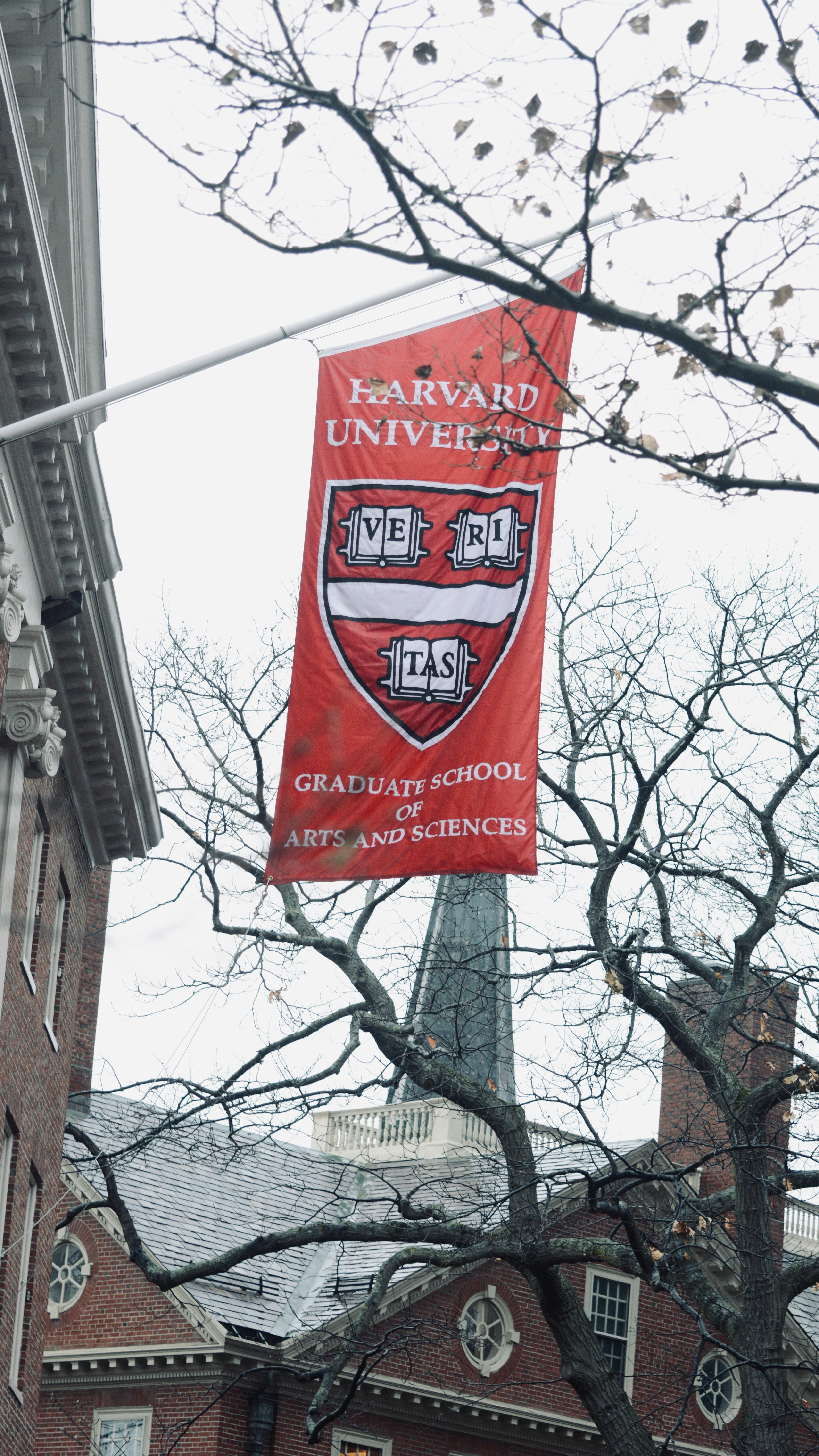Harvard Defies Pressure—Trump Responds With $2.2bn Funding Block

The Trump administration has frozen $2.2 billion in federal funds earmarked for Harvard University, marking a sharp escalation in its ongoing conflict with elite academic institutions. The move follows Harvard’s refusal to comply with a series of federal directives, intensifying an already fraught relationship between the White House and US higher education leaders.
The funding block, which affects a wide range of academic and research programs, signals a new phase in the administration’s use of financial tools to assert political influence over independent institutions. At its core, the standoff is a dispute over authority, compliance, and the autonomy of academia in the face of mounting federal pressure.
A Campaign of Pressure from Washington
The confrontation began with the administration issuing a set of directives aimed at universities receiving federal support. These included requirements tied to immigration cooperation, curriculum transparency, and public positioning on politically sensitive issues. The White House framed these demands as measures to ensure accountability for institutions benefiting from taxpayer money.
Over recent months, the administration repeatedly signaled that continued funding would be conditional upon compliance. While some universities adjusted their policies, others pushed back. Harvard became a focal point after it publicly opposed key measures and took no steps to alter its position in line with White House expectations.
Officials close to the administration described Harvard’s actions as “defiant” and accused the university of politicising its academic independence. The Office of Management and Budget, acting under executive direction, initiated a review of funding mechanisms, culminating in the recent decision to halt transfers amounting to $2.2 billion.
Harvard’s Firm Stance
In response to federal pressure, Harvard issued a measured but firm statement reiterating its commitment to institutional independence and academic freedom. The university emphasised its long-standing policies on research integrity and non-discrimination, insisting that it would not reshape its internal governance to meet political demands.
Legal scholars at Harvard and elsewhere have raised concerns about the legality of conditioning public funds on political compliance. While the government retains discretion over appropriations, there are constitutional limits to using funding as a coercive tool, particularly when it implicates First Amendment protections or violates principles of non-discrimination.
Harvard’s governing board has also received support from peer institutions, which warn that the funding freeze sets a dangerous precedent. In a joint letter signed by 17 major universities, the move was described as “an attempt to erode institutional independence through financial blackmail.”
The Financial and Academic Fallout
The withheld funds span several departments and initiatives, including scientific research, medical programs, student grants, and international collaborations. While Harvard has substantial endowment resources, the freeze will still disrupt federally supported research and delay ongoing projects.
Some of the most immediate consequences are expected in public health and environmental science programs, many of which rely heavily on federal grants. University administrators are now working to assess how quickly resources can be reallocated and whether existing contracts can be renegotiated to prevent cancellation.
This development also places graduate and doctoral students at risk, as many rely on federal fellowships and project-based stipends. With grant cycles frozen and no timeline for reinstatement, the university faces uncertainty in planning for the next academic year.
Beyond Harvard: A Warning to Higher Education
The White House’s approach has raised alarms across the academic sector. Observers note that this is not merely a budgetary decision, but a calculated signal to other institutions. By targeting a prominent and financially secure university like Harvard, the administration is sending a message that even elite institutions are vulnerable if they step out of line.
Critics argue this could usher in a period of politicised higher education policy, where compliance with executive preferences is informally tied to funding eligibility. If unchallenged, such measures could deter universities from speaking out or pursuing research that contradicts federal positions.
Legal challenges appear likely, and civil rights groups have already indicated they may join any case brought by Harvard. Constitutional law experts have pointed out that previous Supreme Court rulings limit the use of federal funds to compel institutions to adopt unrelated policy positions.
What Comes Next
As the dispute unfolds, both Harvard and the federal government face strategic choices. Harvard may pursue litigation to unblock the funds, potentially setting a judicial precedent on the limits of executive financial pressure. Meanwhile, the administration may expand this tactic to other universities perceived as politically uncooperative.
In the broader context, the situation reflects a larger battle over the role of education in American public life. With upcoming elections likely to shape the balance of power in Washington, the future of federal-academic relations could be redefined.
This standoff, while rooted in a specific funding dispute, raises deeper questions about the role of higher education in a democratic society—and the risks of politicising its independence.
Author: Gerardine Lucero
The Self-Destructive Nature Of Anti-Tourism Protests: Balancing Resident Concerns With Tourism Benefits
In recent years, anti-tourism protests have become increasingly common across popular tourist destinations. From the Bal... Read more
Military And Strategic Implications Of The Ukrainian Drone Attack In Kursk
On a recent morning, the Kursk region in south-western Russia witnessed an unexpected and significant event: a Ukrainian... Read more
Chinese Tech Stocks Gain Ground Despite Wall Street Technology Sell-Off
Chinese tech shares in Hong Kong gained on Friday, defying a technology stock sell-off on Wall Street, driven by strong ... Read more
Defense Pact Between Britain And Germany: A Focus On Cybersecurity And Joint Operations
In a move set to redefine European defense collaboration, Britain and Germany have signed a comprehensive defense pact a... Read more
US Secret Service Director Steps Down After Trump Assassination Attempt
Security lapses admitted by Kimberly Cheatle prompt resignation.Kimberly Cheatle, the head of the US Secret Service, has... Read more
Kamala Harris Promises A Brighter Future In Official Campaign Launch
In a vibrant and impassioned campaign launch, Vice President Kamala Harris vowed to lead America toward a "brighter futu... Read more

